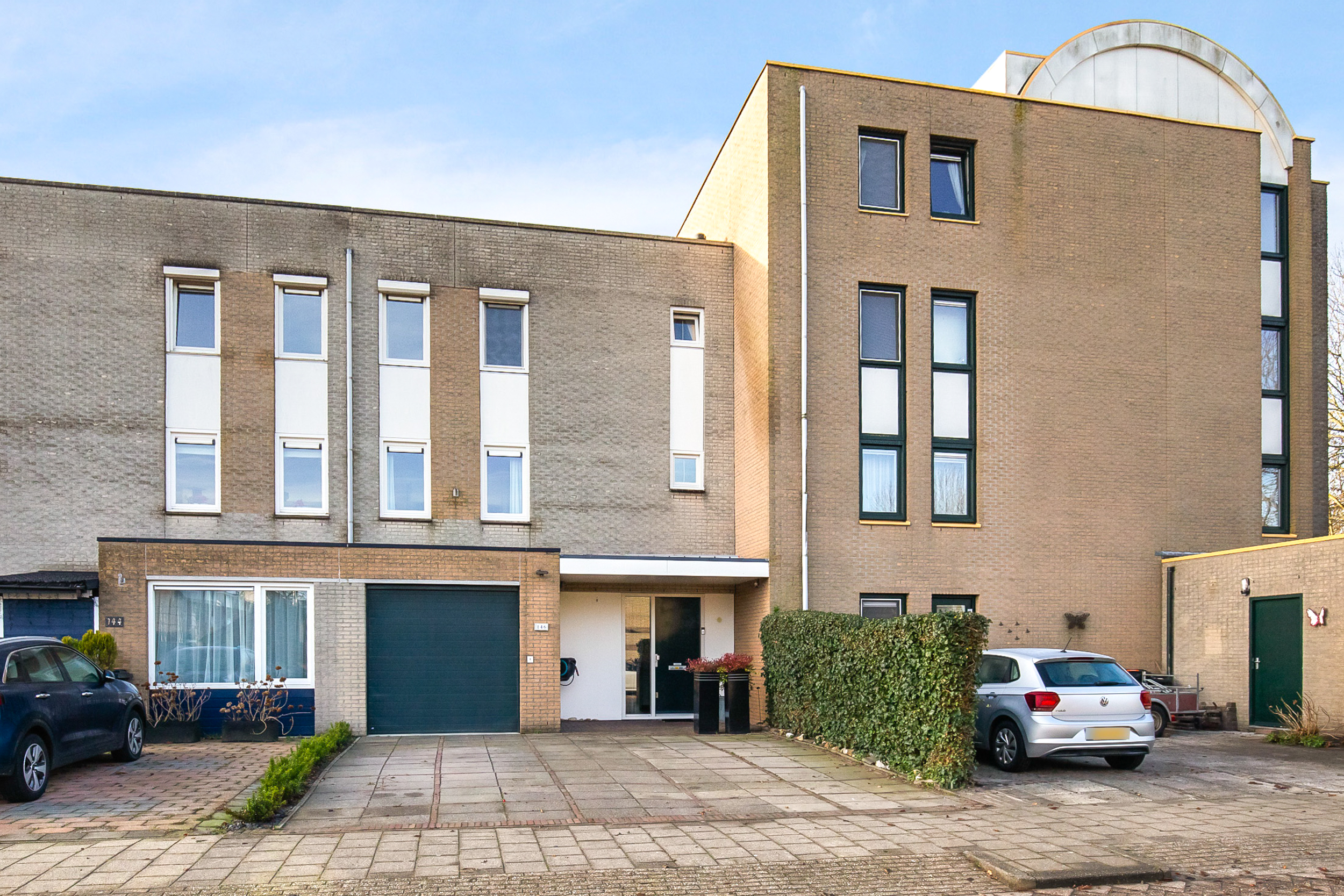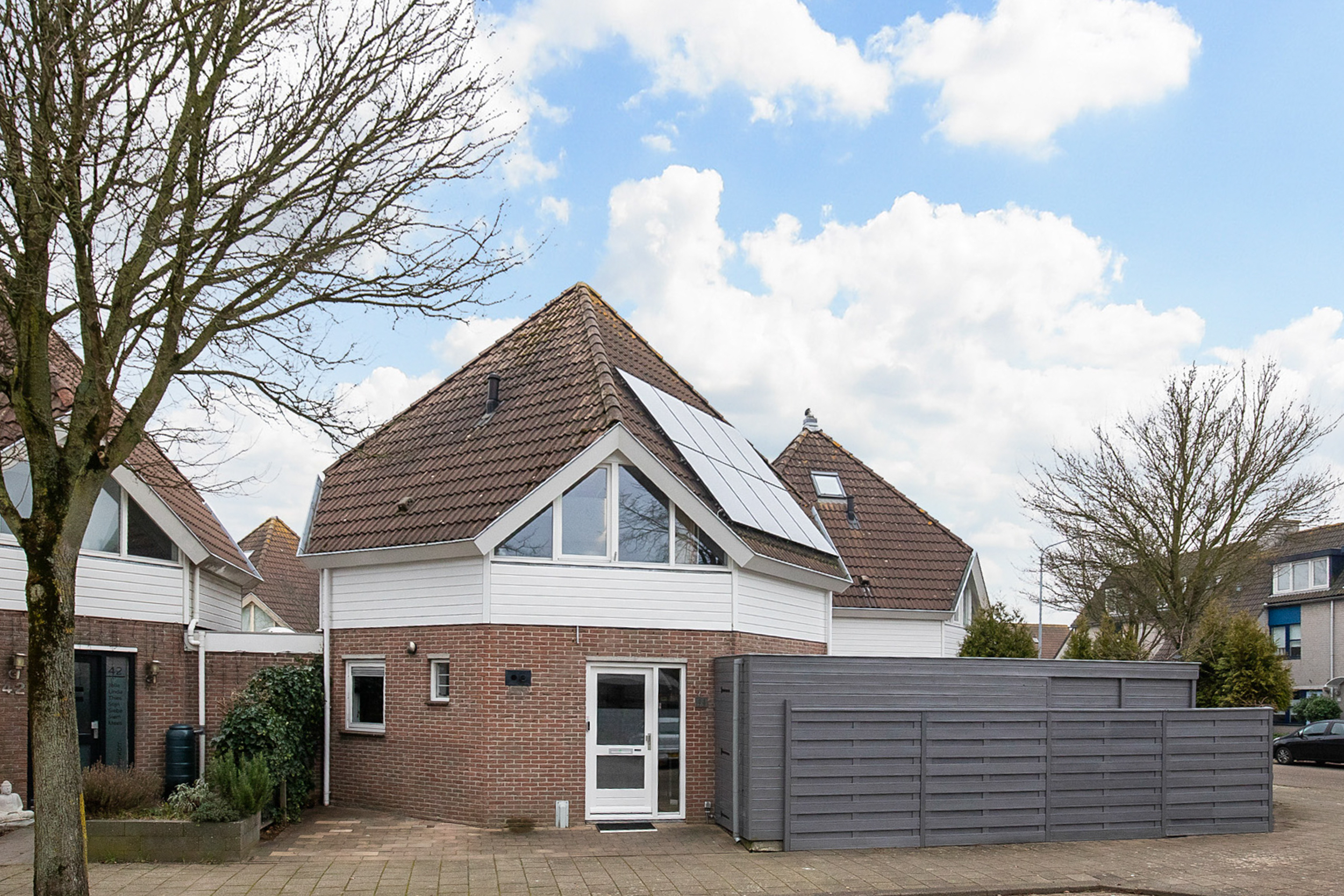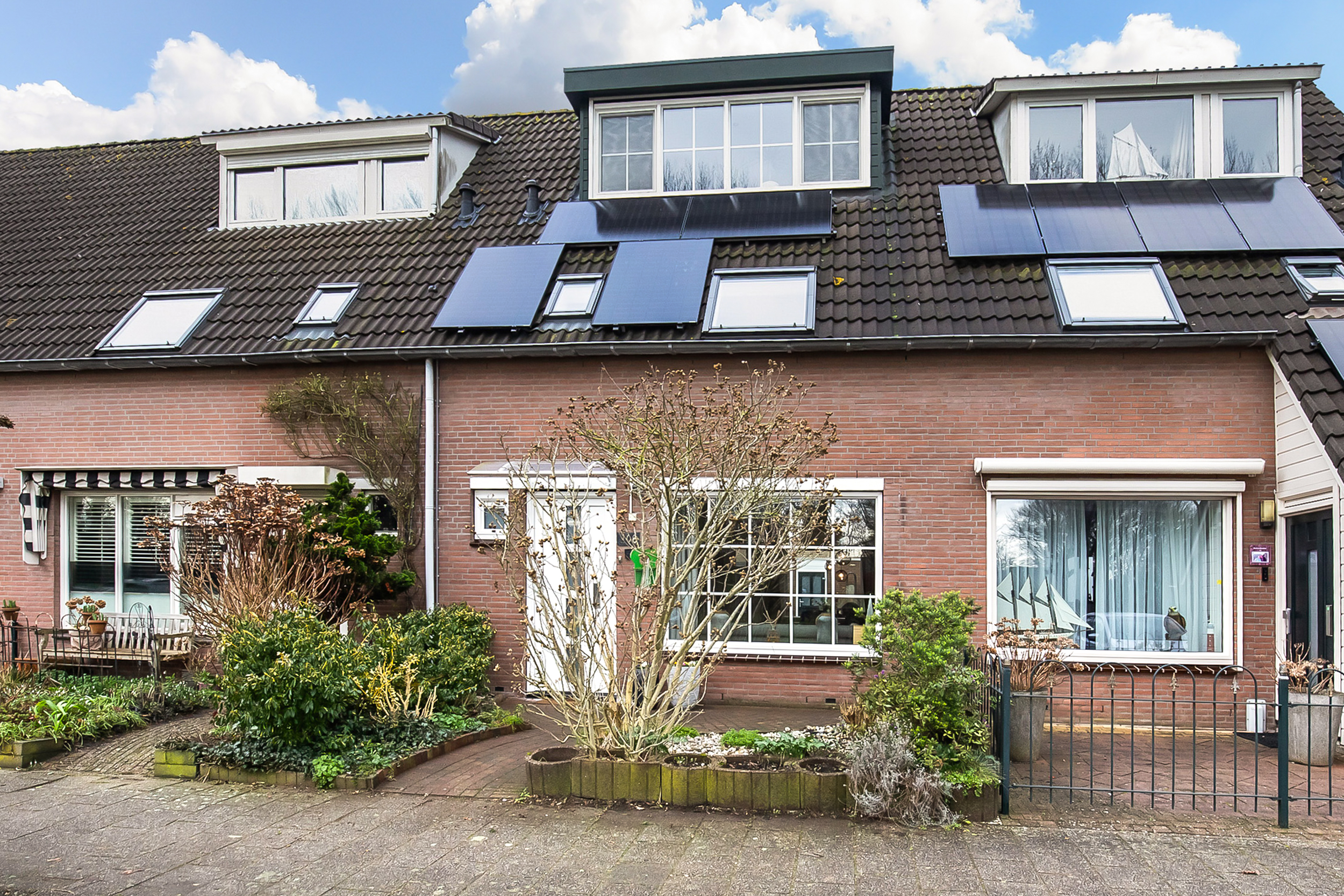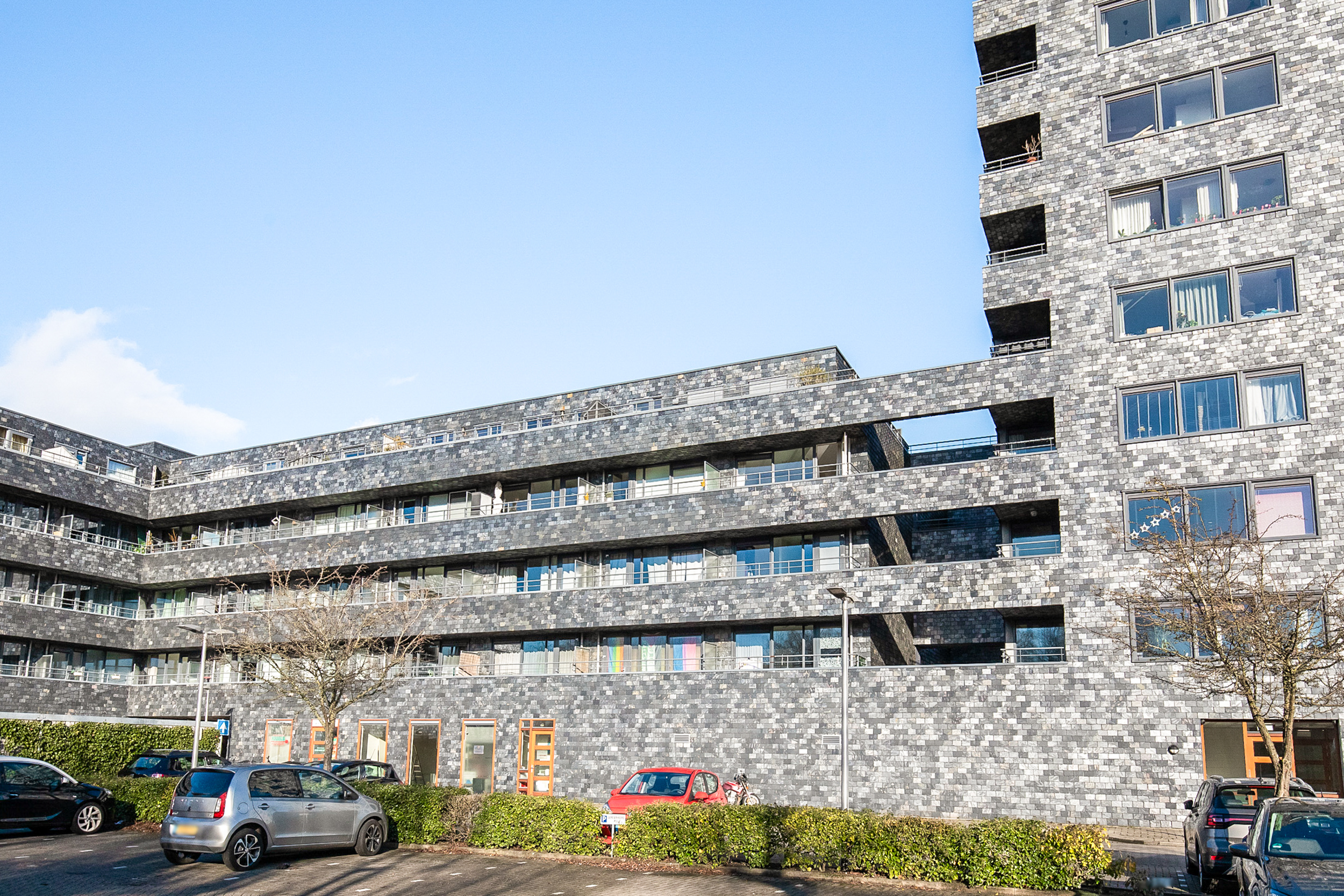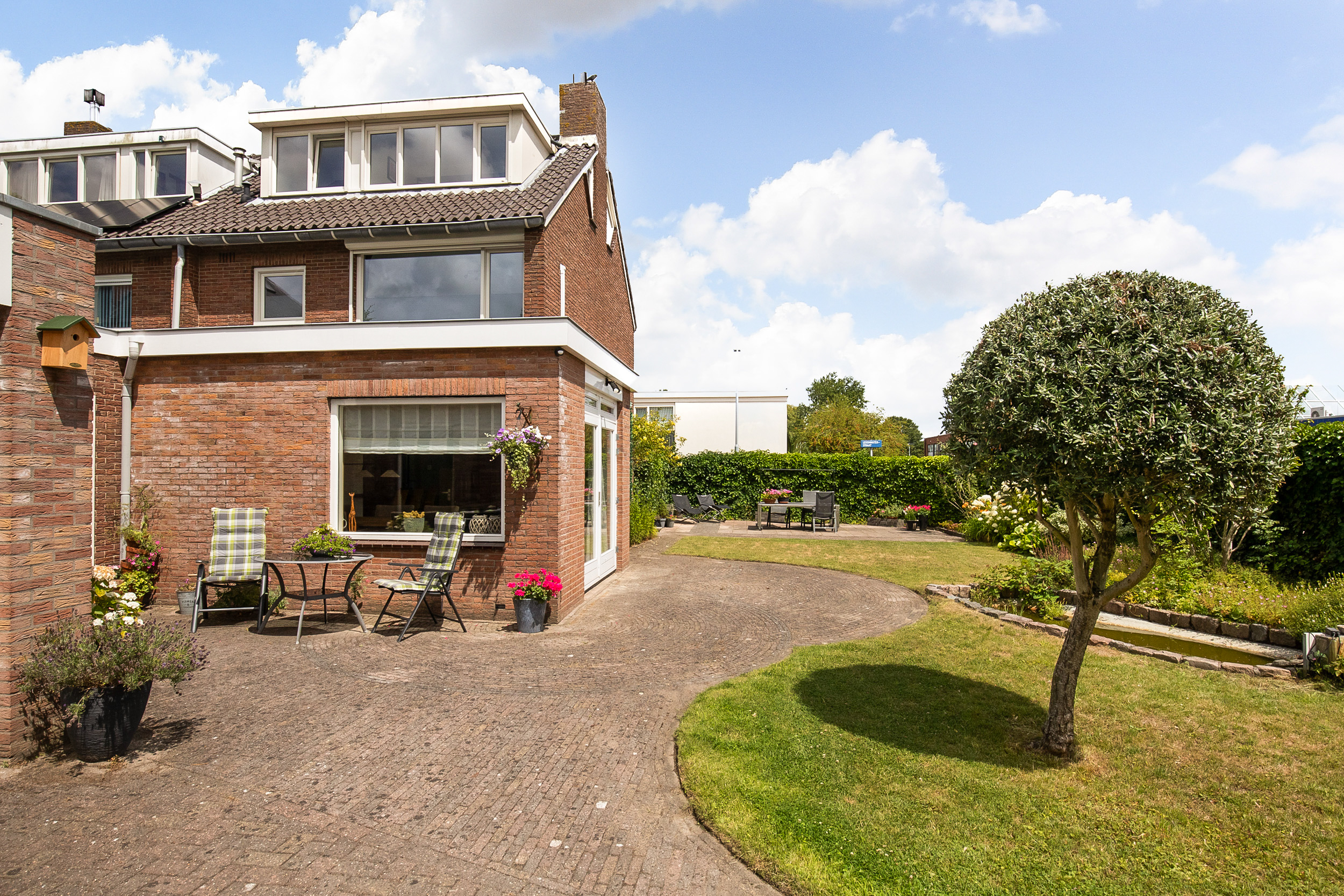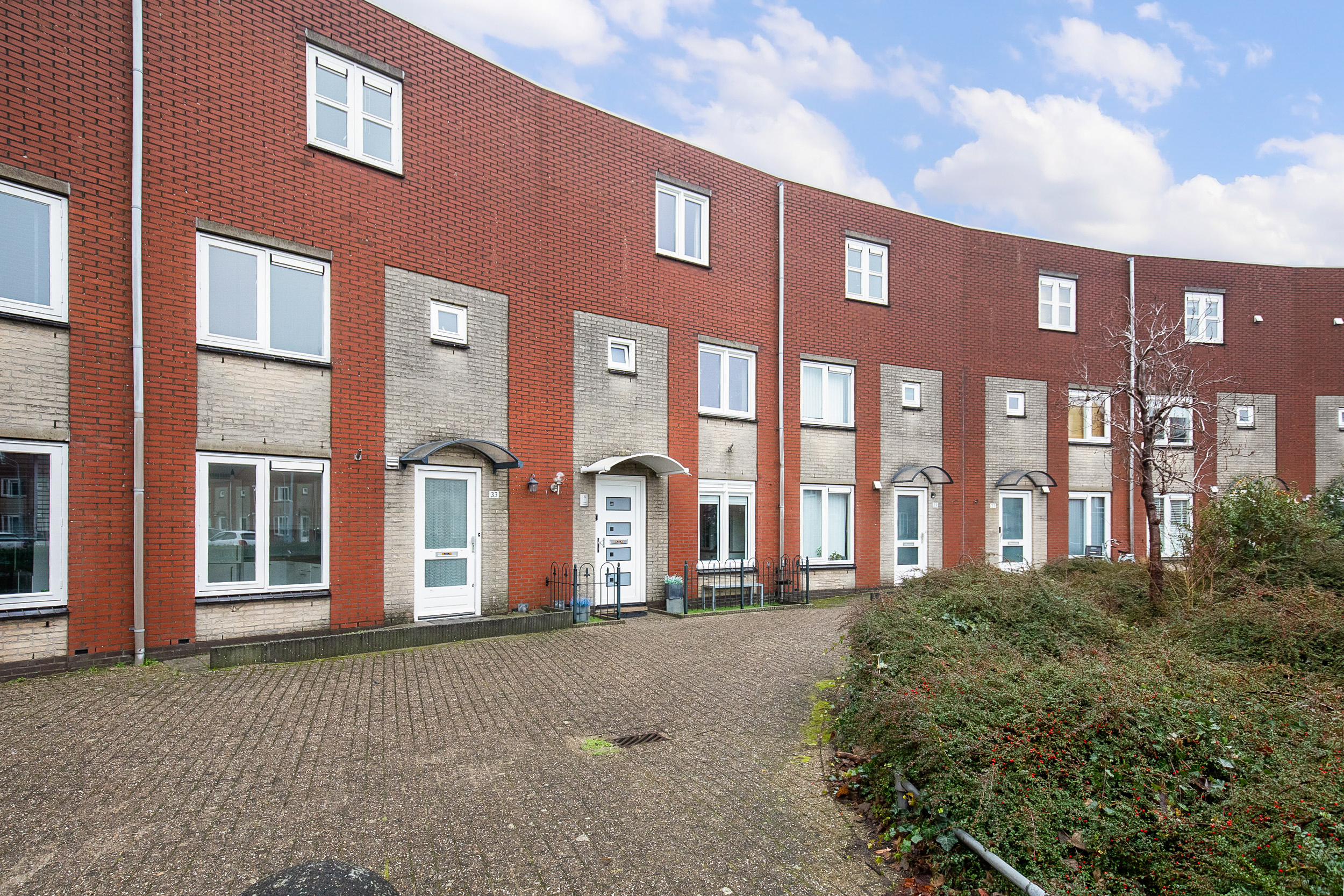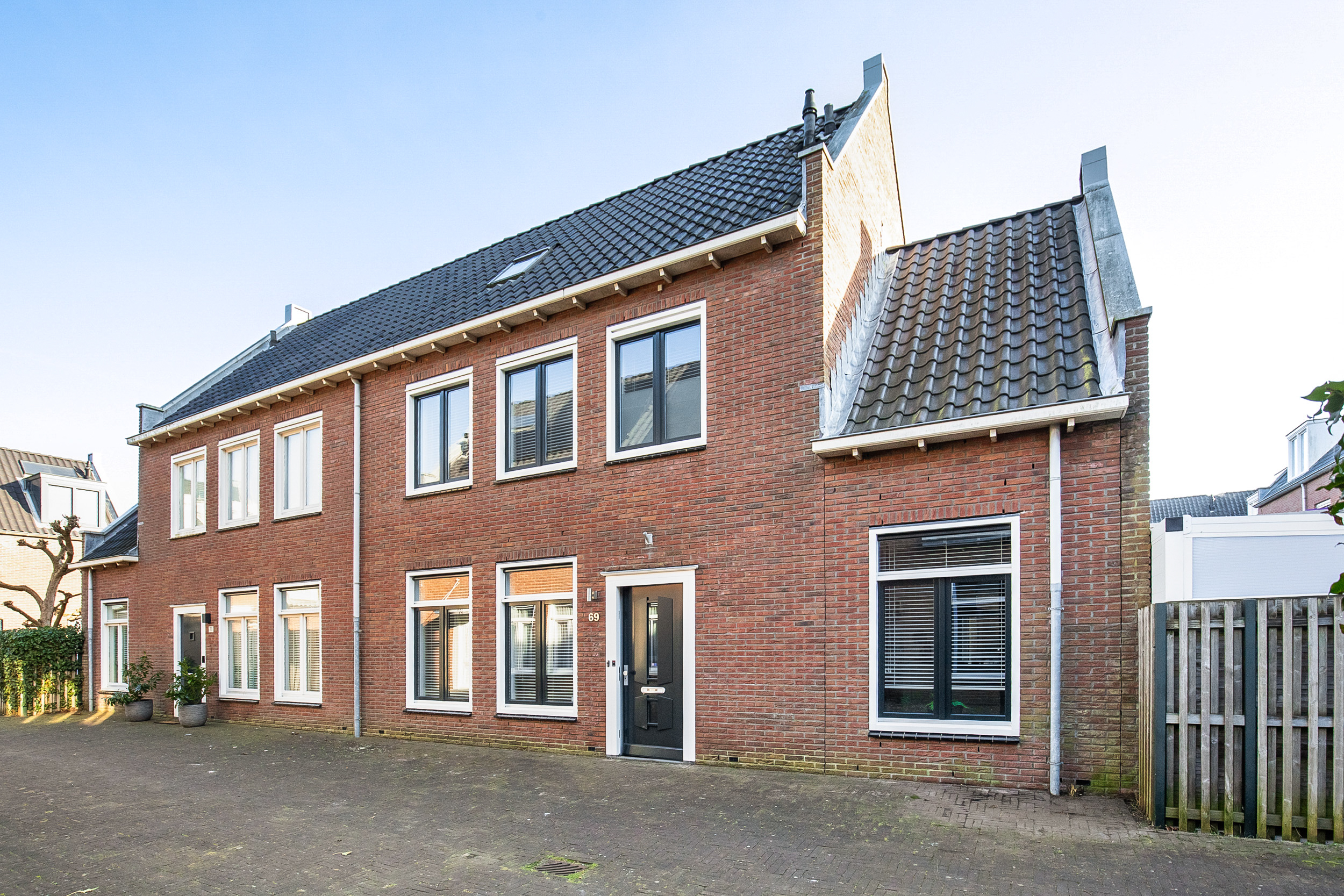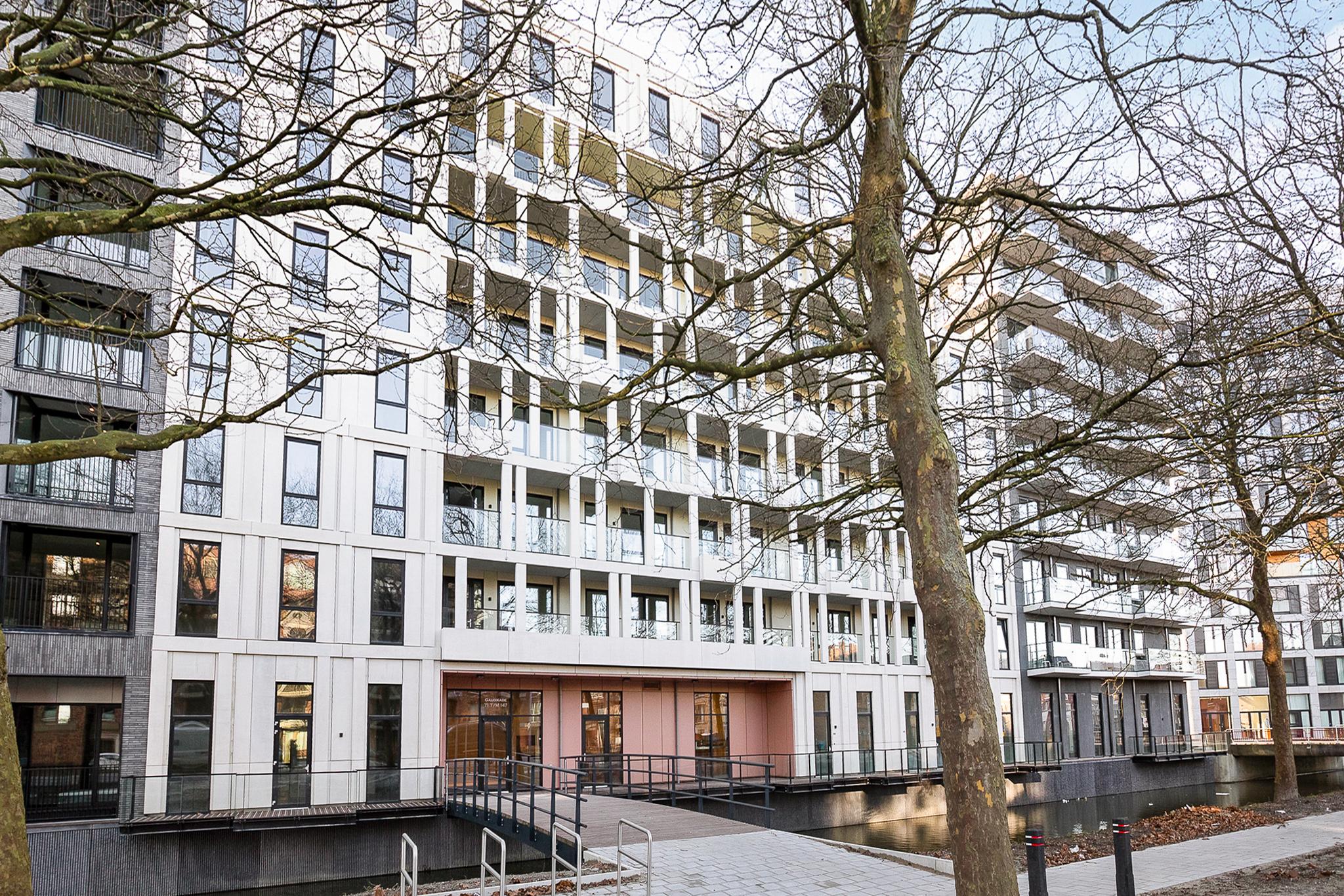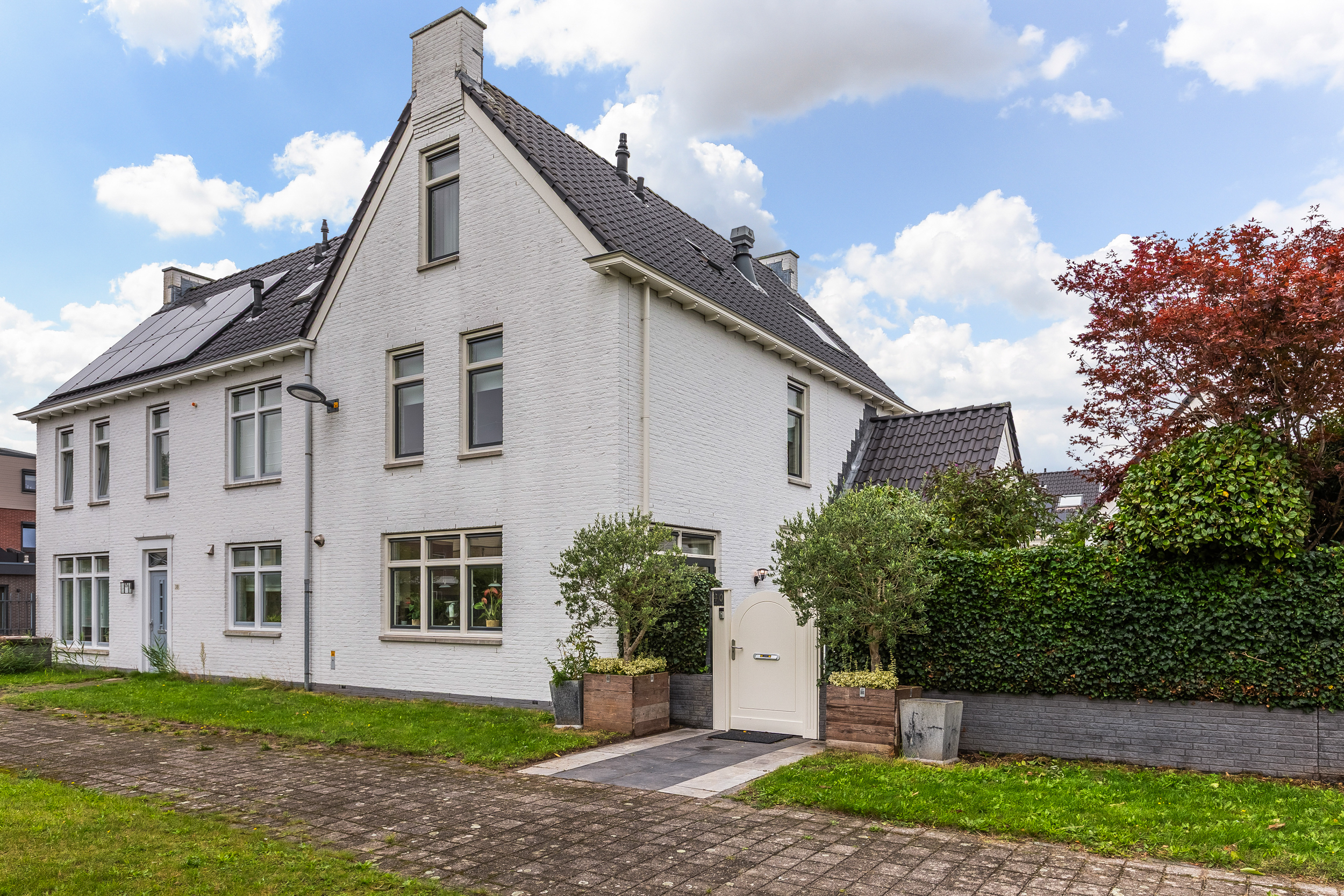The 30% ruling for expats: a comprehensive guide to the dutch housing market
Relocating to a new country can be financially demanding. However, if you are a highly skilled employee planning to move to the Netherlands, there's good news – you may be eligible for the 30% ruling, a beneficial tax advantage offered by the Dutch government. Let's delve into the details of this ruling and its conditions.
The 30% ruling allows employers to provide 30% of your salary as tax-free income, meaning you'll only be taxed on 70% of your gross Dutch salary. It's important to note that specific rules apply to different cases, so seeking professional advice tailored to your circumstances is essential.
Due to an accepted amendment to the Tax Plan 2024, the 30% ruling will be gradually phased out to a 10% ruling over a period of 5 years. More specifically, during the initial 20 months of the period, 30% of the salary can still be reimbursed tax-free. In the following 20 months, this percentage decreases to 20%, and during the last 20 months, the tax-free reimbursement amounts to 10% of the salary.
To understand more about the ruling, visit the website of the Dutch Tax Office: de Belastingdienst.
Who qualifies for the 30% facility?
The 30% facility is applicable if you were recruited from outside the Netherlands or seconded from another country to work in the Netherlands. Meeting the following conditions is essential for utilizing the 30% ruling:
- You must have an employment relationship.
- Your employer recruited you from another country or sent you from another country to work in the Netherlands.
- Your expertise is unique and not readily available in the Dutch job market.
- You possess a valid decision from the Dutch Tax Office.

Five-Year Period
Due to an accepted amendment to the Tax Plan 2024, the 30% ruling will be gradually phased out to a 10% ruling over a period of 5 years. More specifically, during the initial 20 months of the period, 30% of the salary can still be reimbursed tax-free. In the following 20 months, this percentage decreases to 20%, and during the last 20 months, the tax-free reimbursement amounts to 10% of the salary.
The purpose of this tax advantage is to compensate for the additional expenses you incur while working outside your home country, known as extraterritorial costs. The Dutch Tax Office does not require you to provide proof of these expenses.

Extraterritorial costs
Include various expenses, such as:
- Travel costs for getting acquainted with the country, visiting schools, and house-hunting
- Additional housing expenses
- Visa costs
- Storage costs for your household effects in your home country
- Costs for attending Dutch language courses for both the employee and their accompanying family members
For a complete overview of all extraterritorial costs, you can refer to the website of the Dutch Tax Office. Once again, no proof of these expenses is required by the Dutch Tax Office.

Expat-friendly tax advisor
It's important to note that certain costs, such as the purchase and sales costs of a home, including broker fees, and tax equalization (compensation for higher tax rates in the Netherlands compared to your home country), are not covered under the extraterritorial costs.






